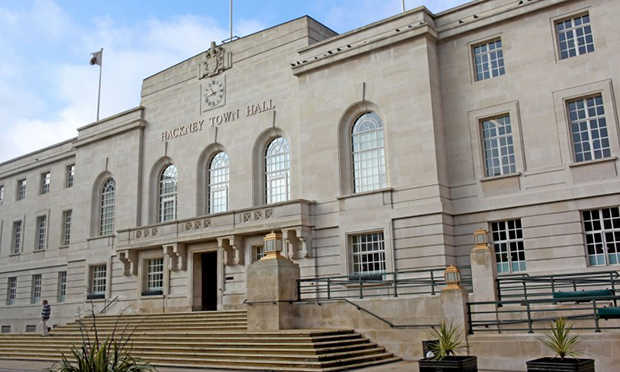Hackney Council pushes for DBS checks for elected members

‘DBS checks would serve as a deterrent,’ says Town Hall report.
Hackney Council is moving forward with plans to require the elected mayor and councillors to undergo enhanced Disclosure and Barring Service (DBS) checks to protect young people and vulnerable adults.
The standards committee this week agreed to recommend that the Town Hall adopts the policy with immediate effect at the next full council meeting on 18 September.
A report was put to the committee by the council’s deputy monitoring officer and head of legal and governance, Louise Humphreys, who said: “The purpose of this policy is about safeguarding young people and vulnerable adults.
“That is the key factor that drives all the way through this [report] and the risk assessment.”
Under the Local Government (Disqualification) Act 2022, a person is disqualified from standing for election or holding public office if, within the five-year period before an election, they have been convicted of a criminal offence and imprisoned, regardless of a suspended sentence, for three months or more.
But the council report argues the law does not give enough assurance with regard to the Town Hall’s safeguarding obligations, “given the council’s recent experiences”.
In 2022, the council was engulfed by a scandal after it emerged that newly-elected councillor Tom Dewey had been arrested for possessing “sadistic” indecent photographs of children.
Dewey spent 11 days as a councillor for De Beauvoir in May 2022, before resigning from his post and the Labour party.
He later admitted to five charges relating to possession of indecent images and was convicted in August 2023, receiving a 12-month suspended sentence.
The scandal also led to the resignation of Hackney’s then mayor, Philip Glanville, who was Dewey’s housemate.
The council was rocked by another resignation related to sexual offences this summer, when former deputy speaker Lee Laudat-Scott quit his post before appearing in Thames Magistrates Court on 18 July, where he was charged with “intentionally touching” a child under 13.
DBS checks are commonly used by employers to check staff’s criminal records to decide if they are suitable for certain roles, including working with children, young people or vulnerable adults.
While the Town Hall “currently has a policy for such checks in relation to employees, it does not yet for the elected mayor or councillors”, the report said.
In January, an independent inquiry into Dewey’s election concluded that little could have been done to stop him becoming a Hackney councillor.
John Henderson, a former chief executive of Staffordshire County Council, told councillors on 24 January that Dewey had “targeted Hackney as a place to launch his political career”.
He added that the council had followed “every step to the letter” in dealing with Dewey’s arrest.
The report to the standards committee this week said the introduction of DBS checks “will not provide absolute certainty that the circumstances in which the council has most recently found itself could not be repeated”.
It continued: “However, it is considered that the introduction of such checks would serve as a deterrent to those who might seek office to provide camouflage for their activities or as a method through which access to children, young people and vulnerable adults is legitimised.”
During the meeting, members discussed the risk of discouraging people who may be overrepresented in the criminal justice system, as well as the report’s recommendations that all information be “kept strictly confidential” in accordance with existing policy on information policy and data protection.
